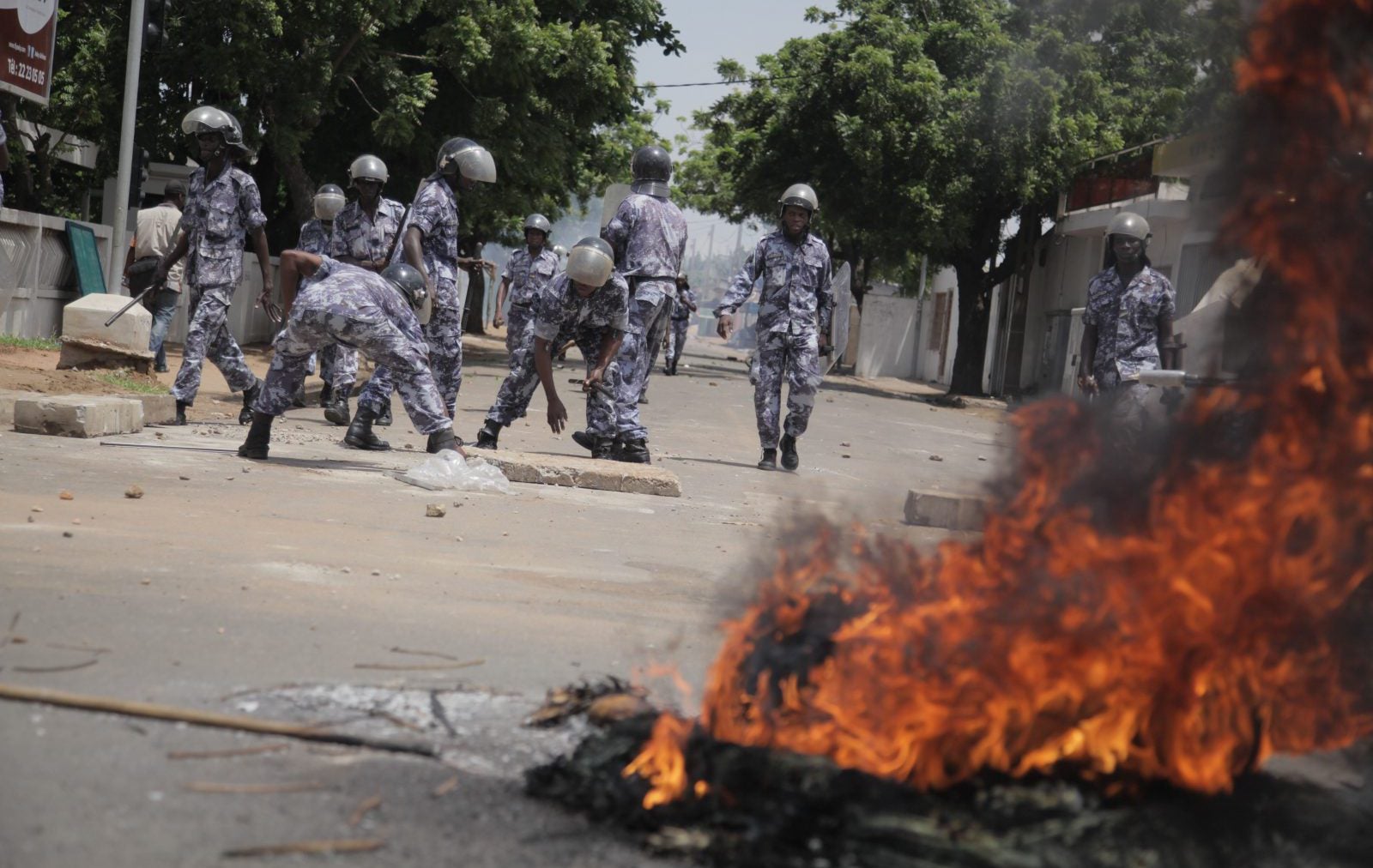Togo has shut down the internet to counter anti-government protests
Togo is the latest African nation to shut down access to the internet after protests against president Faure Gnassingbé were scheduled to take place this week.


Togo is the latest African nation to shut down access to the internet after protests against president Faure Gnassingbé were scheduled to take place this week.
Internet users and demonstrators in the West African country have reported access to the internet had slowed down or been blocked by the government. This was confirmed by Koffi Inoussa Ayibo, president of the Togolese branch of Internet Without Borders, who said the NGO found internet connectivity had been cut off on WhatsApp, Facebook, and, later, all mobile internet services after conducing a series of tests.
On Twitter, some activists said they were headed to the Ghanaian border to use the country’s internet and voice their criticism of Gnassingbé, whose family has ruled the west African nation for 50 years.
Over the last three weeks, demonstrations have swept through Togo as the opposition party, Le Parti National Panafricain (PNP), called for the return of the 1992 constitution which guarantees multi-party elections and a two-term limit for the head of state. The terms of the constitution were changed by the president’s father, Eyadéma Gnassingbé, to allow him to run for a third term in 2002, three years before his death.
On Aug. 19, the minister of security said two people were killed and 13 injured after security forces unleashed teargas and gunshots on a group of demonstrators in Sokode, about three and a half hours outside the capital Lomé. The Economic Community of West African States (ECOWAS), chaired by Gnassingbé, has yet to release a statement on the protests.
In the last few years, African countries have used internet shutdowns and curfews to stifle dissent and enforce law and order. One of the big concerns is the use of social media tools to organize anti-government protests.
Last year, as many as 11 African countries shut down internet access ahead of elections and anti-government protests. In Gabon and the Gambia, internet was shut down during and after elections while, Ethiopia and the Democratic Republic of the Congo closed off internet access ahead of anti-government demonstrations.
This year, Cameroon imposed a 93-day internet blackout on the country’s Anglophone regions which spoke out their marginalization by the French-speaking government. The blackout lasted for 93 days, despite international criticism.